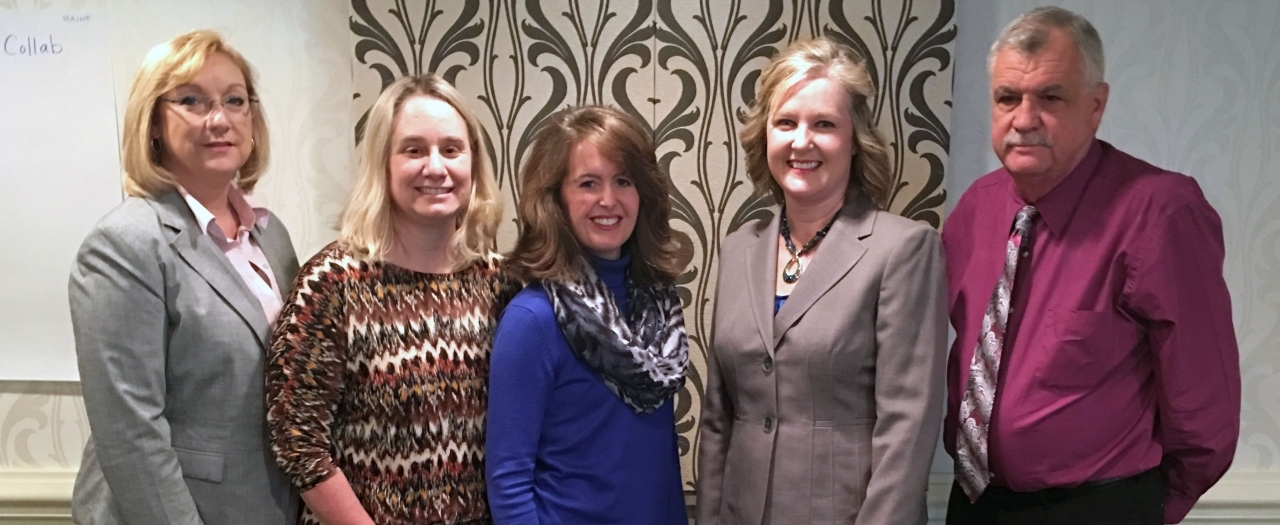When parents overcome poverty, their children benefit from better opportunities with fewer hardships. Triumph over these barriers to advancement gives the next generation a much better chance at exponential success, elevating the overall wellness of families and positively affecting the region.
What can be said simply with a couple of sentences becomes overtly complex as those families are halted by barriers that include everything from lack of transportation, inadequate or non-existent childcare, lack of nearby education and technical training, and even basic existence needs as they attempt this journey toward success and independence. These roadblocks are oftentimes enough to destroy all hope and cause those who would otherwise become successful to retreat into an all-to-familiar life of complacency and acceptance.
Removing barriers and restoring hope to children and parents simultaneously is motivating a two-generation approach to combating childhood poverty in Knox County and the Promise Zone. This “two-gen” ideology is also the driving force behind a local project that involves more than a dozen agencies, including Eastern Kentucky University, standing ready to combine forces, breaking down several barriers to family success.
Partners for Education at Berea College Rural Integration Models for Parents and Children to Thrive (IMPACT) team will work to align the services and support provided by local agencies to parenting youth age 14-24 and their children. The Rural IMPACT team will work to remove government barriers, combine databases and unite the sharing of information between agencies to create a model that will lay out the process a family in need must go through to obtain services. In order to create a successful two-generation approach to childhood success, the team is looking to find the gaps as well as overlaps in education, transportation, childcare, social services, financial counseling and family counseling services.
The Rural IMPACT “away” team recently worked with federal officials on behalf of Knox County and the Promise Zone during training in Washington D.C. The team included Knox County Full-Service Community Schools ProgramAssociate Director Kelli Moore; Dreama Gentry, executive director of Partners for Education at Berea College; KCEOC CEO Paul Dole; KCEOC Family Services Manager Rhonda Martin; and EKU Regional Stewardship Coordinator Melissa Newman. While there, the team members gained more knowledge about the two-generation approach to fighting childhood poverty and building a successful framework. That framework includes blending efforts of existing service entities like early childhood education, health and wellness, elementary, middle and high school college and career readiness initiatives, GED offerings and other technical trainings, as well as college and university programs.
In order to define family success and understand the barriers that stand between parent and child success, the Rural IMPACT team will rely on the community as it gathers information on needs assessments by talking with single parents, child care providers, teachers, professors, doctors, social workers, community officials and business leaders from small and large businesses.
Knox County, along with nine other communities, was chosen as a Rural IMPACT demonstration site. The sites will receive technical assistance and capacity-building services as they work to invest resources in the community that address the challenges of rural childhood poverty. Knox County is included as one of the three sites that are Appalachian communities, along with Highland County Community Action Organization Inc. (serving Highland County, Ohio) and Garrett County Community Action Committee and the Allegany Human Resources Commission (serving Garrett and Allegany Counties, Maryland).
The Rural IMPACT demonstration project is administered by the U.S. Department of Health and Human Services with support from the Community Action Partnership and the American Academy of Pediatrics and implemented in collaboration with Appalachian Regional Commission (ARC); the U.S. Departments of Agriculture, Education, and Labor; the Delta Regional Authority; and the Corporation for National and Community Service.
The Rural IMPACT team anticipates aligning services within six months, and plans initial implementation at the end of one year. The team will also work to plan a Scholar House to serve parents ages 18-24 in Knox and surrounding counties.
A Scholar House is a housing and education initiative that enables the head-of-household to reach self-sufficiency. Scholar House residents receive counseling, workshops, and support while fulfilling academic or vocational training coursework as full-time students. The proposed Scholar House will include an on-site child care facility to allow time for the parents to attend classes and focus on their education. Rural IMPACT is partnering with Eastern Kentucky University and its South Region Campus in Corbin explore the Scholar House project.
